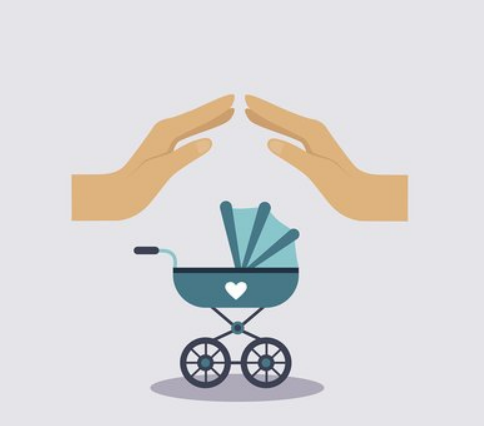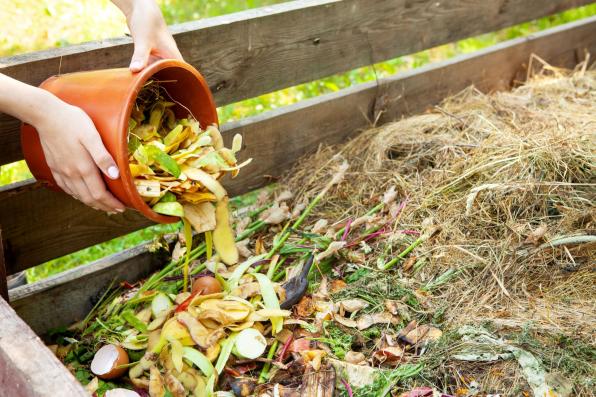While many expectant parents are still joyfully debating baby names, bottle colors, and crib styles, an American couple Amy and Lucas were already thinking ahead: "How can we build an invisible safety net for our little one before he even aives? "Insurance? Before the baby's even bom? Isn't that way too early? their friends teased "Tee early?" Amy smiled. "We're casting his very first protection spell."

In an age where you can prepare for almost everything, many parents have come to realize that welcoming a child isn't just about diapers, strollers, and baby monitors— it's also about being ready for the storms that might lie ahead. And insurance? That's a key part of this quiet but powerful preparation.
A newborn is like a tender bud in spring soft, delicate, and full of promise. In the early months after birth, a baby's body is still developing, making them particularly sensitive to their surroundings. At seven months pregnant, Amy's doctor told hei, "The first few months after birth are some of the most critical and most vulnerable stages of a baby's health. "That single sentence set Amy and Lucas thinking: how could they hold up a health shield for their child the moment he entered the world?
They soon discovered that even with public health coverage in place, there are many situations— Ike hospital stays, certain treatments, or costly medications- that fall outside the scope of standard plans. If their baby ever needed surgery or expensive medicine, a single bill could easily disrupt their finances. Imagine your child suddenly needing urgent treatment, and instead of focusing on the doctor's words, you're staring at your bank balance, trying to make it all work. That helplessness can crush even the strongest parents.

As babies grow learning to roll over, crawl, and eventually walk- every home becomes a mini adventure park. Kitchens, bathrooms, stairs, and coffee table corners suddenly tum into zones of peril. One morning. Amy and Lucas had a scare when their 11-month-old tried climbing off the couch and tumbled, twisting his arm. The baby screamed; their hearts sank. It turned out to be a soft tissue injury, and while not serious, a week of hospital visits, X-rays, and treatment left the couple emotionally and physically drained.-
These aren't dramatic, headline-making emergencies but they are the everyday bumps and bruises of parenthood. The kind you can't predict, but absolutely must be ready for. A scraped knee from running in the yard. A gentle bite from playing with the family dog. A head bump at daycare. You can't keep your child in a bubble forever. That's why it's far more practical than people realize to have a policy that covers these "small storms" of early childhood.
Some might ask: "If the baby's just born, shouldn't we start saving for college instead?" But that's like worrying about the curtains before your house even has a foundation. Amy's advice? Don't rush to "save"— first, make sure your child can grow up safe and strong. Life is a marathon, and the first step must be steady. That foundation starts with health and safety. Once that's secured, then you can start. thinking about savings, education funds, or investments those beautiful extras that build on top of a strong base.
By bulding this wall of protection before your child even opens their eyes to the world, you're giving them something more than money you're giving them security. And that's one of the most moving, meaningful gifts a parent can offer. So next time you're debating between strollers and bottle brushes, take a moment to ask yourself. Have I also chosen the right invisible armor for this little life I'm bringing into the world?




